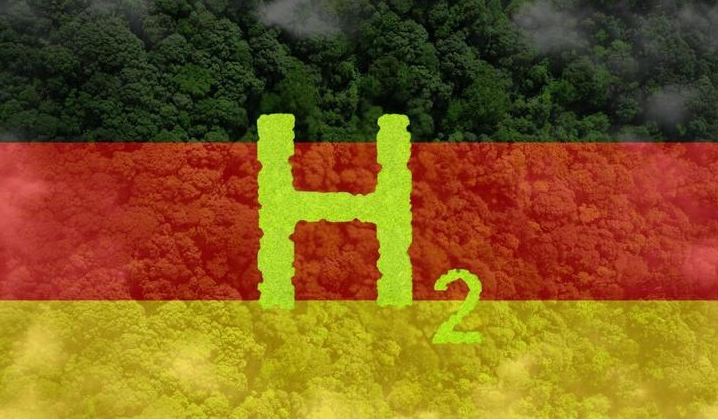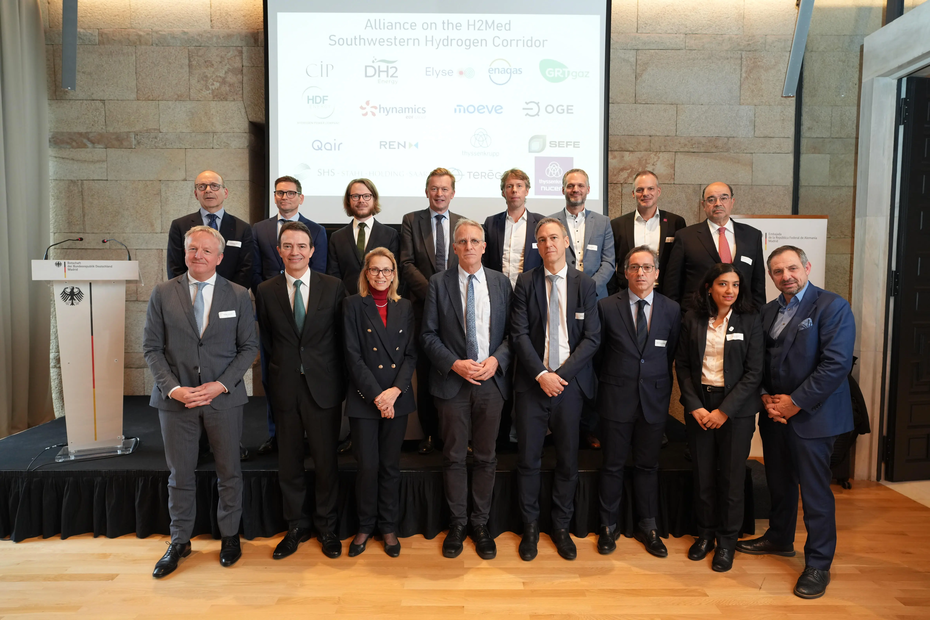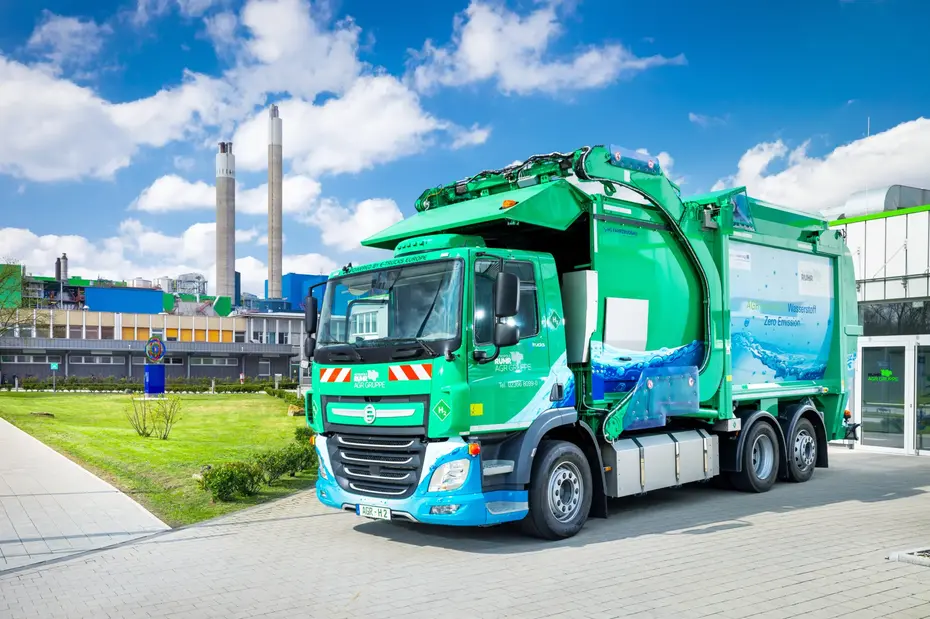Coal-based power generation has fallen by 25.5% across the European Union and the UK in the first three months of 2020, compared to 2019, as a result of the response to Covid-19. At the same time, renewable energy has reached a 43% share of generation, according to analysis by Wärtsilä, the Finnish technology group.

The impact is even more obvious in the past month, as coal generation collapsed by almost one third between 10 March and 10 April compared to the same period in 2019, making up 12% of total EU and UK generation. In comparison, renewables accounted for 46% of energy generation – an increase of 8% compared to 2019.
Wärtsilä vice president for Europe and Africa Björn Ullbro said: “The impact of the Covid-19 crisis on European energy systems is extraordinary. We are seeing levels of renewable electricity that some people believed would cause systems to collapse, yet they haven’t – in fact they are coping well. The question is, what does this mean for the future?
The figures mark a dramatic shift in Europe’s energy mix – one that was not anticipated to occur until the end of the decade. The impact of the Covid-19 crisis has effectively accelerated the energy transition in the short-term, providing a unique opportunity to see how energy systems function with far higher levels of renewables,” he added.
The analysis has also shown that demand for electricity across the continent is down by one tenth (10%) due to measures taken to combat Covid-19, the biggest drop in demand since the Second World War War, with the fall of carbon emissions from the power sector intensifying to almost 20% between 10 March and 10 April, compared to the same period last year.
The analysis was conducted by Wärtsilä Energy Transition Lab, a free-to-use data platform developed by Wärtsilä to help the industry and the public understand the impact of Covid-19 on European electricity markets and analyse its influence on the future of energy systems.







